L-Theanine 40%
L-theanine is an amino acid which is primarily found in green and black tea. While our body can produce several amino acids, it does not product L-Theanine. Furthermore, the amount of L-Theanine in tea is often considered to be low. Therefore, many people choose a L-theanine product due to its scientifically proven effects. Given these effects, it has become popular in the category of mood-enhancing and sleep-enhancing supplements.
L-Theanine is also known as:
N-ethyl-L-glutamine
Theanin
Suntheanine (Brandname)
It is important to note that our L-Theanine is a natural extract from green tea leaves. This is the reason why this product contains 40% L-Theanine.
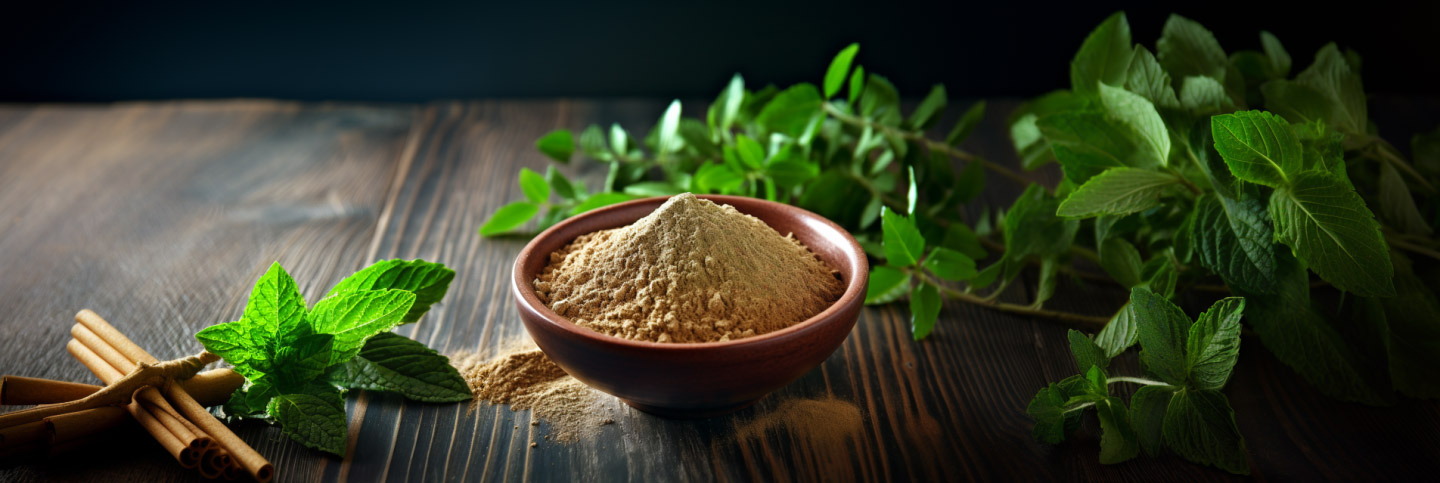
Functions of L-Theanine
Unfortunately, due to European legislation, we cannot describe all the effects and functions of this product. Not even if these have been confirmed by research. Nevertheless, we do our best to provide you with as much relevant information as possible.
Several studies have been done regarding the effects of this amino acid [1][2][3][4][5][6][7][8][9][10][11][12]. Based on the results of these studies, many people have started to consume L-Theanine. This has made L-Theanine a popular replacement for phenibut and a popular product in the mood-enhancing and sleep-enhancing supplement category. Research found that it may have many other effects. However, it has mainly become popular in the previously mentioned categories.
Who can use L-Theanine ?
L-Theanine supplements are mainly used by people who seek a suitable product in the category of mood-enhancing and sleep-promoting supplements. Due its effects, it has become an interesting supplement for several people.
How should I use L-Theanine ? / Dosages
Our green tea extract contains 40% L-Theanine. Due to this percentage, the suggested daily amount of this product is 500mg – 1000mg [10]. This amount can be consumed throughout the day, or 30 minutes before bedtime when it is used a nighttime supplement. When it is consumed throughout the day, users often choose to consume it in the morning or as an additional pre-workout ingredient.
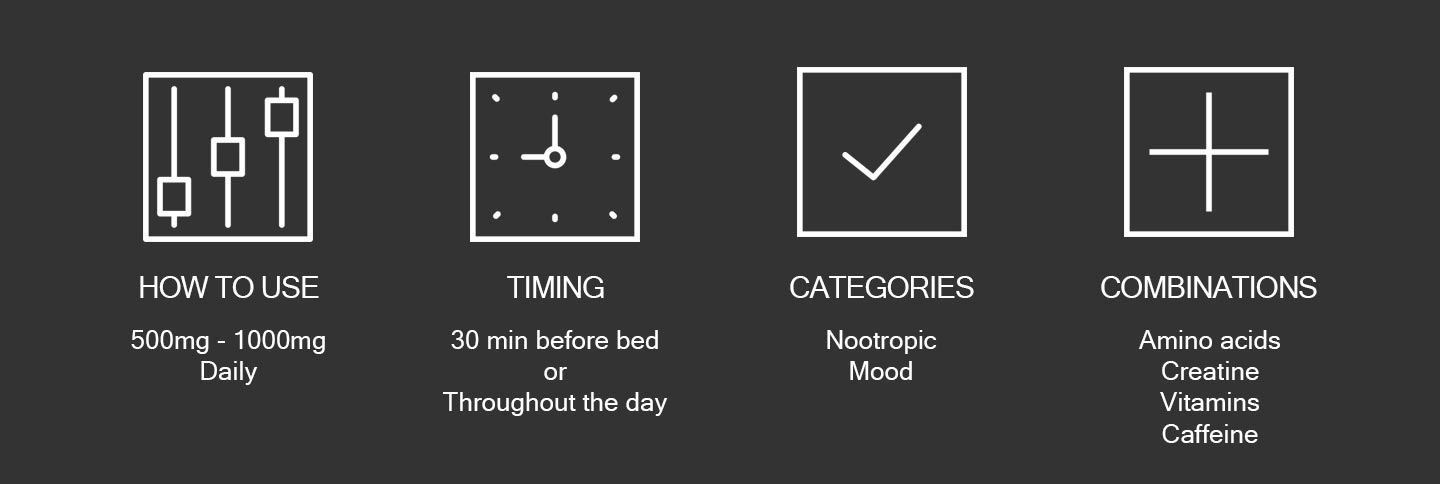
Stacking / combining
L-Theanine can be combined well with many other supplements, such as: Amino Acids, Creatine, and Vitamins. Users often opt for a combination of L-Theanine and Caffeine since this may further enhance the effects of both products [4][15][16].
Where does L-Theanine come from ?
L-Theanine is an amino acid. However, this particular amino acid is not produced by our body. It does occur naturally in black tea, green tea, and certain types of mushroom [13][14]. However, the amount of L-Theanine in tea is often considered to be low. Therefore, many people choose a L-theanine product in order to increase their L-Theanine intake.
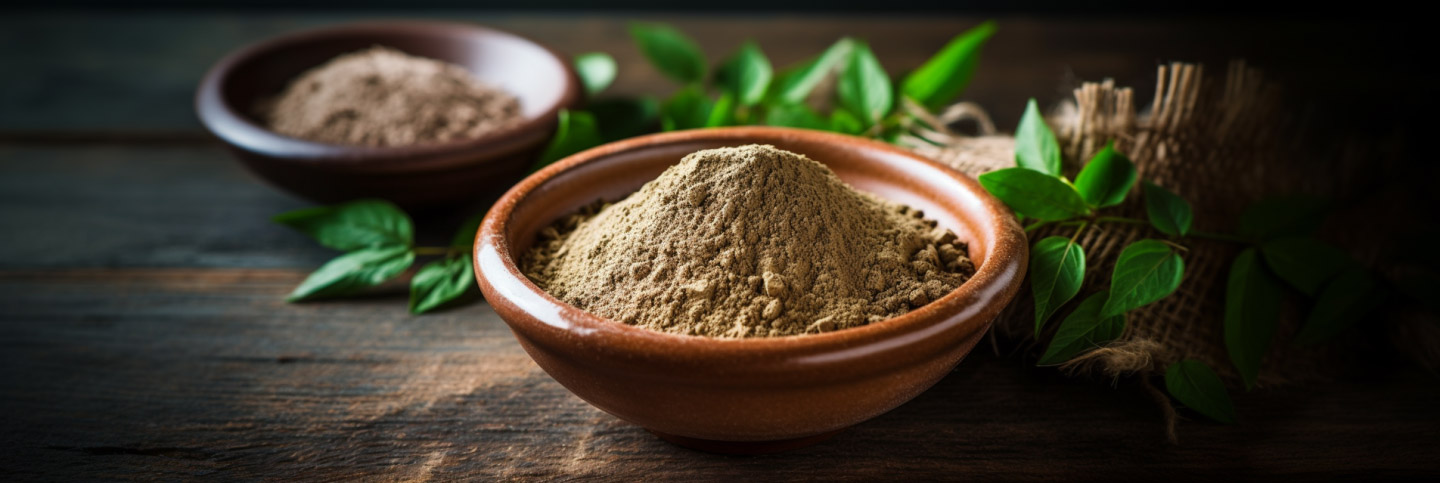
Safety & competitive use
Safety
Several studies confirmed that L-Theanine is safe to consume. It has also been confirmed that doses of up to 900mg pure L-Theanine daily are safe. However, doses which are above the daily recommended amount are not recommended. It is important to take into consideration that consumption of a L-Theanine supplement along with medications that lower blood pressure might cause blood pressure to go too low.
Correct use
A dietary supplement can contribute to a healthy and active lifestyle. However, it should not be a substitute for a healthy lifestyle and a varied diet. The recommended dosage should not be exceeded, since side effects may occur otherwise. In rare cases, these side effects can also occur with normal dosages. If side effects occur, consumption should be discontinued.
As with any supplement, we advise users to consult a physician before use. In particular if you use medication or have health complaints. In addition, this supplement should not be used by women who are pregnant or breastfeeding. Furthermore, this product should not be used by persons under 18 years of age and must be kept out of the reach of children. Keep this product in a cool and dry place to maintain the quality.
References
- Nobre, A. C., Rao, A., & Owen, G. N. (2008). L-theanine, a natural constituent in tea, and its effect on mental state. Asia Pacific journal of clinical nutrition, 17.
- Everett, J. M., Gunathilake, D., Dufficy, L., Roach, P. D., THOMAS, J., UPTON, D., & NAUMOVSKI, N. (2015). Theanine consumption, stress and anxiety in human clinical trials: A systematic review. In 39th Annual Scientific Meeting of the Nutrition Society of Australia 2015.
- Ritsner, M. S., Miodownik, C., Ratner, Y., Shleifer, T., Mar, M., Pintov, L., & Lerner, V. (2010). L-theanine relieves positive, activation, and anxiety symptoms in patients with schizophrenia and schizoaffective disorder: an 8-week, randomized, double-blind, placebo-controlled, 2-center study. The Journal of clinical psychiatry, 71(1), 10913.
- Giesbrecht, T., Rycroft, J. A., Rowson, M. J., & De Bruin, E. A. (2010). The combination of L-theanine and caffeine improves cognitive performance and increases subjective alertness. Nutritional neuroscience, 13(6), 283-290.
- Bliss, R. M. (2009). Caffeine-containing botanicals in dietary supplements. Agricultural Research, 57(4), 17-18.
- Matsumoto, K., Yamada, H., Takuma, N., Niino, H., & Sagesaka, Y. M. (2011). Effects of green tea catechins and theanine on preventing influenza infection among healthcare workers: a randomized controlled trial. BMC complementary and alternative medicine, 11(1), 1-7.
- Park, M., Yamada, H., Matsushita, K., Kaji, S., Goto, T., Okada, Y., … & Kitagawa, T. (2011). Green tea consumption is inversely associated with the incidence of influenza infection among schoolchildren in a tea plantation area of Japan. The Journal of nutrition, 141(10), 1862-1870.
- Liu, A., Gong, Z., Lin, L., Xu, W., Zhang, T., Zhang, S., … & Xiao, W. (2020). Effects of L-theanine on glutamine metabolism in enterotoxigenic Escherichia coli (E44813)-stressed and non-stressed rats. Journal of Functional Foods, 64, 103670.
- Hoang Sr, B. X., Shaw Sr, G., & Levine Sr, S. A. (2006). L-Theanine in cancer prevention and treatment. Cancer Epidemiology Biomarkers & Prevention, 15(12_Supplement), A157-A157.
- Williams, J., Kellett, J., Roach, P. D., McKune, A., Mellor, D., Thomas, J., & Naumovski, N. (2016). L-theanine as a functional food additive: Its role in disease prevention and health promotion. Beverages, 2(2), 13.
- Lyon, M. R., Kapoor, M. P., & Juneja, L. R. (2011). The effects of L-theanine (Suntheanine®) on objective sleep quality in boys with attention deficit hyperactivity disorder (ADHD): a randomized, double-blind, placebo-controlled clinical trial. Alternative medicine review, 16(4), 348.
- Ota, M., Wakabayashi, C., Sato, N., Hori, H., Hattori, K., Teraishi, T., … & Kunugi, H. (2015). Effect of L-theanine on glutamatergic function in patients with schizophrenia. Acta Neuropsychiatrica, 27(5), 291-296.
- Li, J., Li, P., & Liu, F. (2008). Production of theanine by Xerocomus badius (mushroom) using submerged fermentation. LWT-Food Science and Technology, 41(5), 883-889.
- Unno, K., Furushima, D., Hamamoto, S., Iguchi, K., Yamada, H., Morita, A., … & Nakamura, Y. (2018). Stress-reducing function of matcha green tea in animal experiments and clinical trials. Nutrients, 10(10), 1468.
- Haskell, C. F., Kennedy, D. O., Milne, A. L., Wesnes, K. A., & Scholey, A. B. (2008). The effects of L-theanine, caffeine and their combination on cognition and mood. Biological psychology, 77(2), 113-122.
- Kahathuduwa, C. N., Dassanayake, T. L., Amarakoon, A. T., & Weerasinghe, V. S. (2017). Acute effects of theanine, caffeine and theanine–caffeine combination on attention. Nutritional neuroscience, 20(6), 369-377.
Author

| Weight | N/A |
|---|---|
| Ingredient | Green tea leaf extract (40% L-Theanine) |
| Serving size | Consume 1-2 leveled scoops (500mg-1000mg) daily. Mix with ~100ml of water or juice. The recommended intake moment is 30 minutes before going to bed, throughout the day, or in the morning. |
| Allergens | None |
| Suitable for | Non-vegetarians, vegetarians and vegans |
| Warning | Food supplements shouldn't replace a varied, balanced diet and a healthy lifestyle. Do not exceed the recommended daily intake. Store cool, dry and keep out of reach of children. Do not use during pregnancy or lactating. Do not use in conjunction with blood pressure lowering medication. Always consult a docter before you start using a dietary supplement, especially if you use medication or have health problems. |

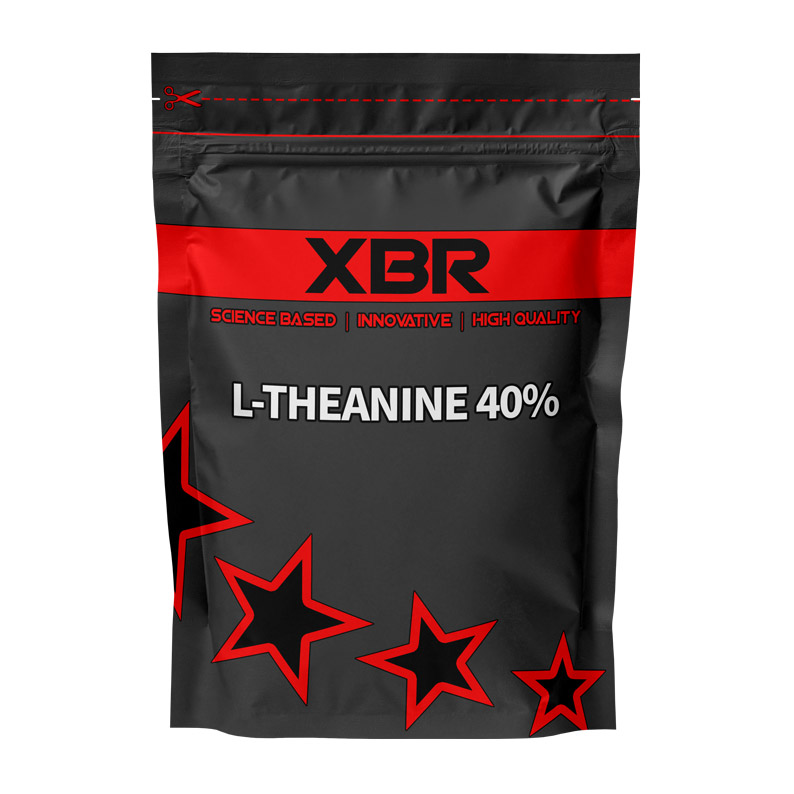
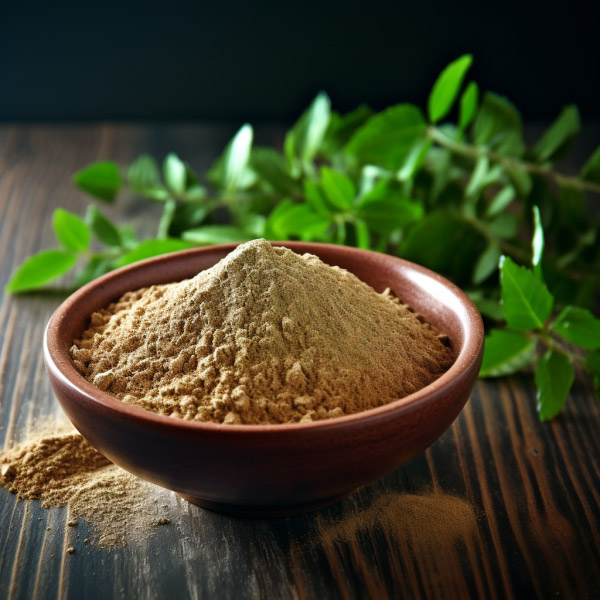

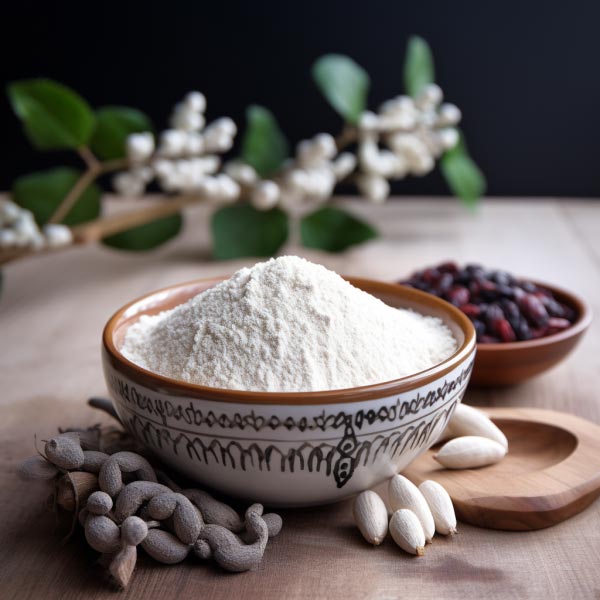
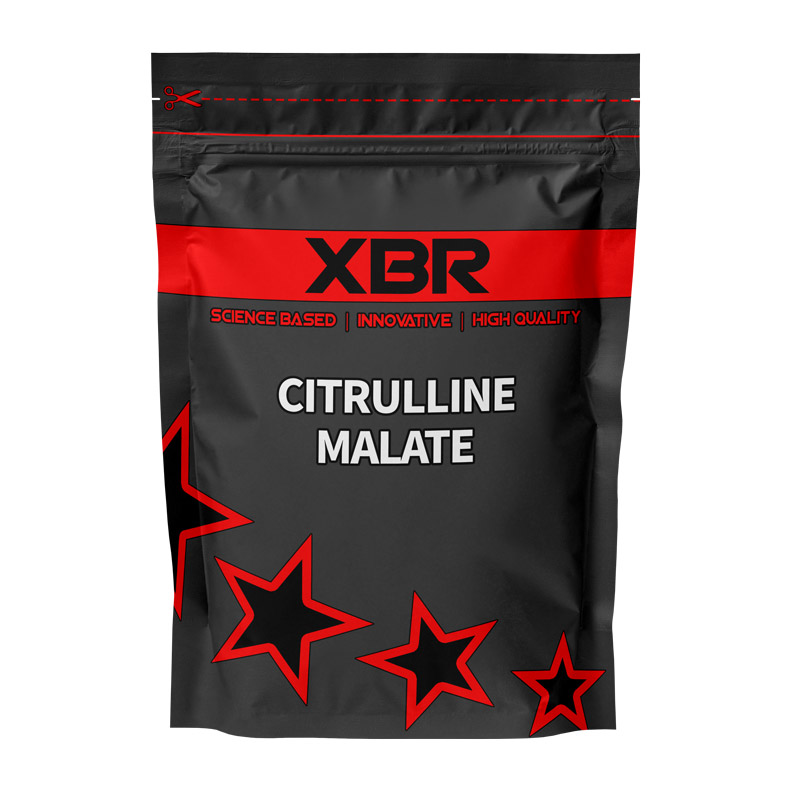
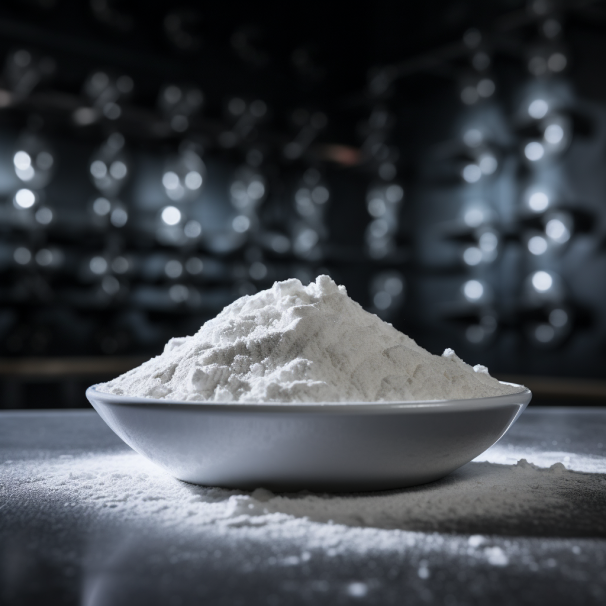

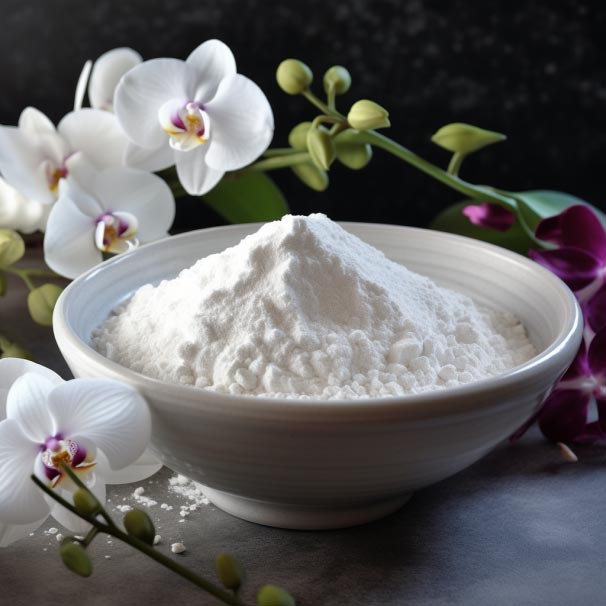

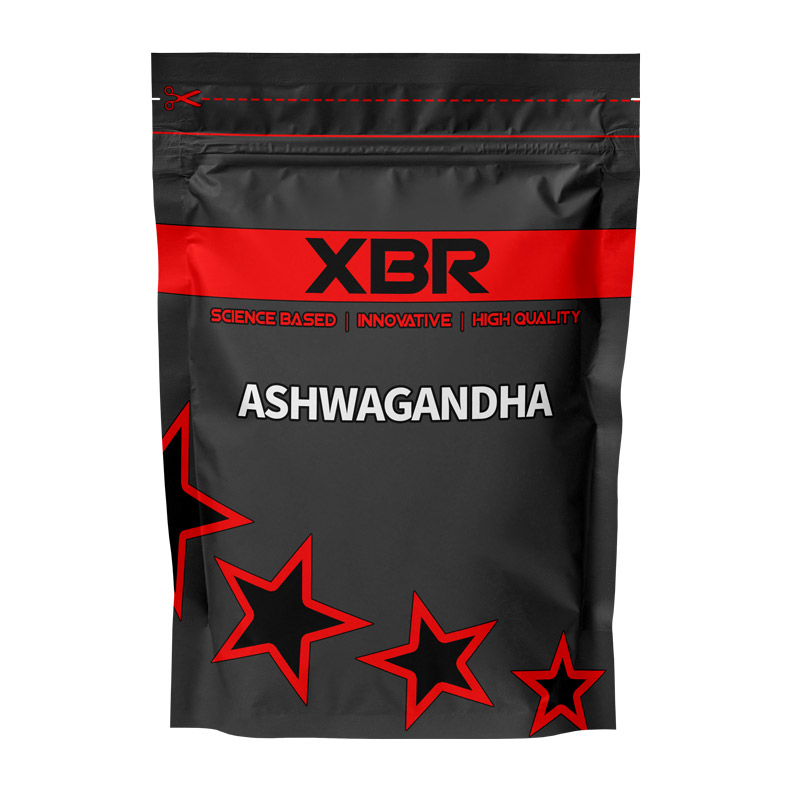
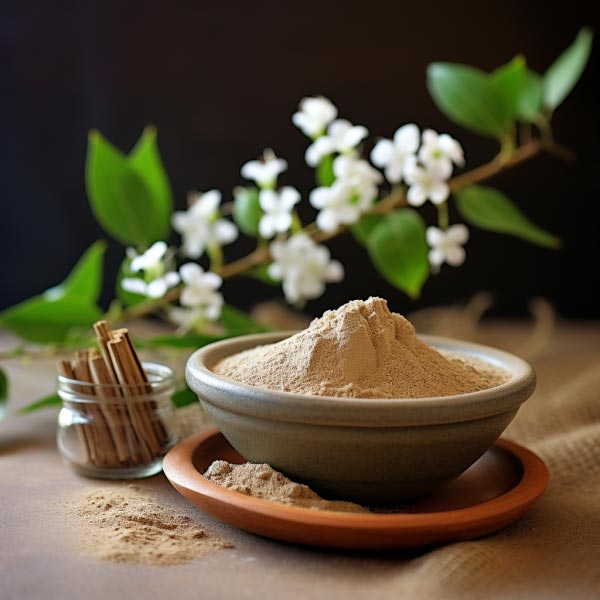
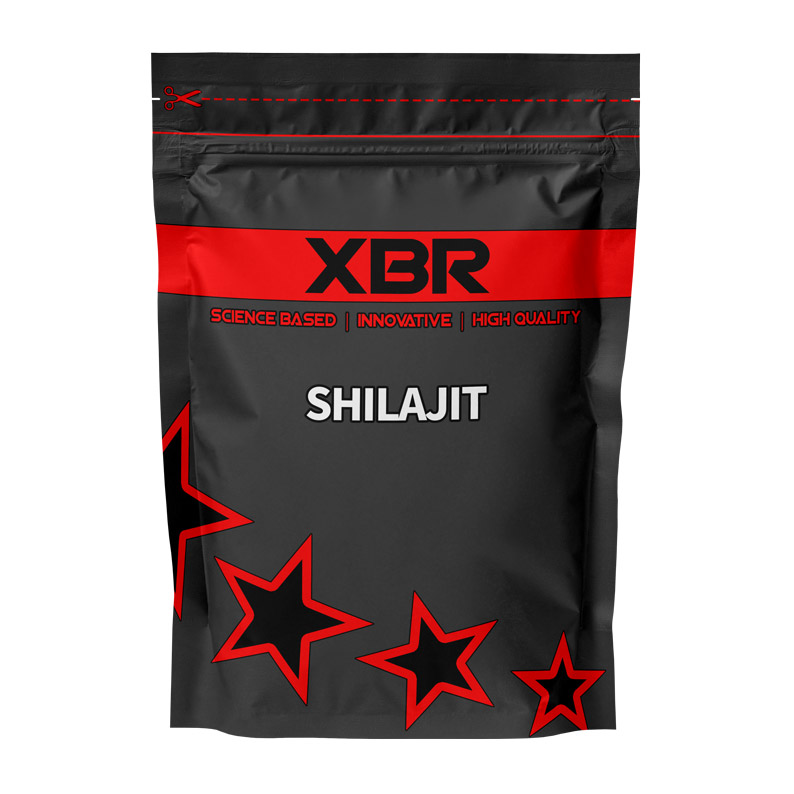
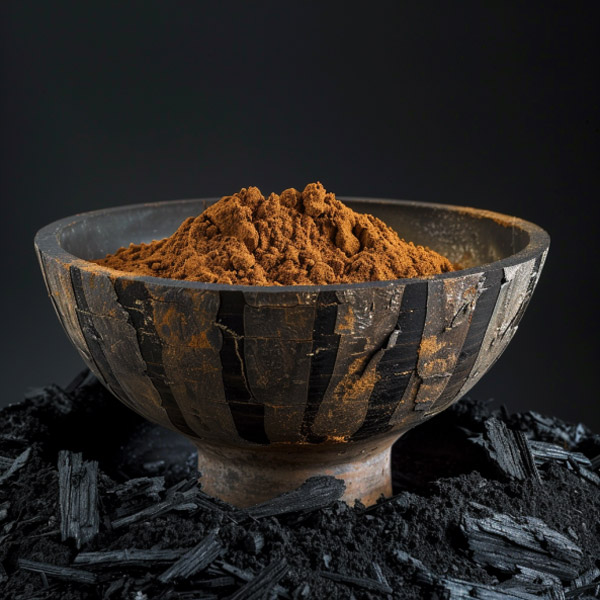

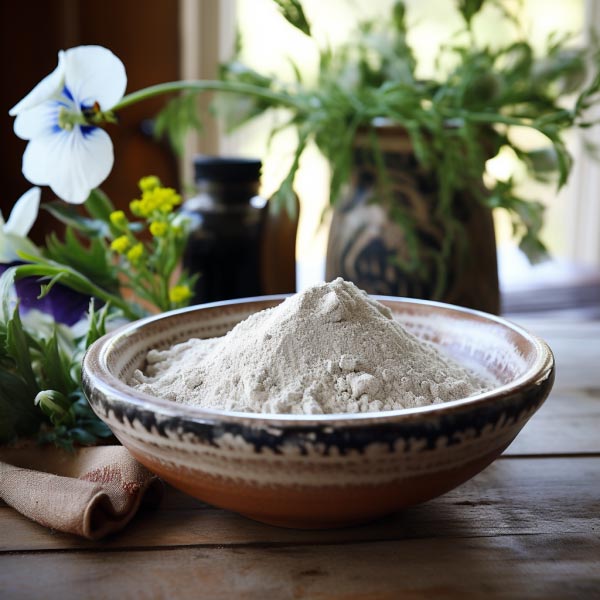
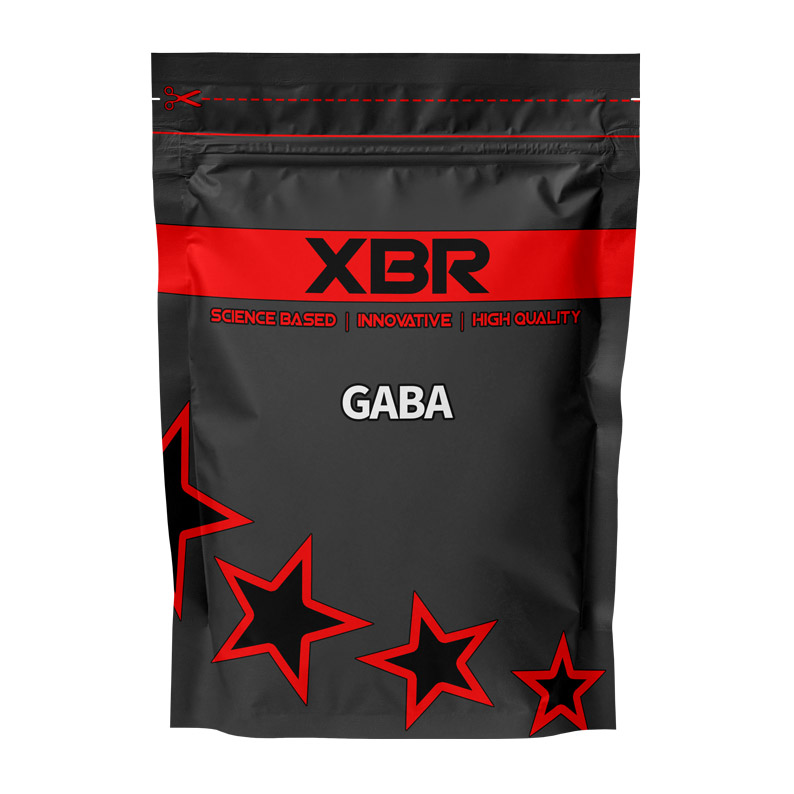
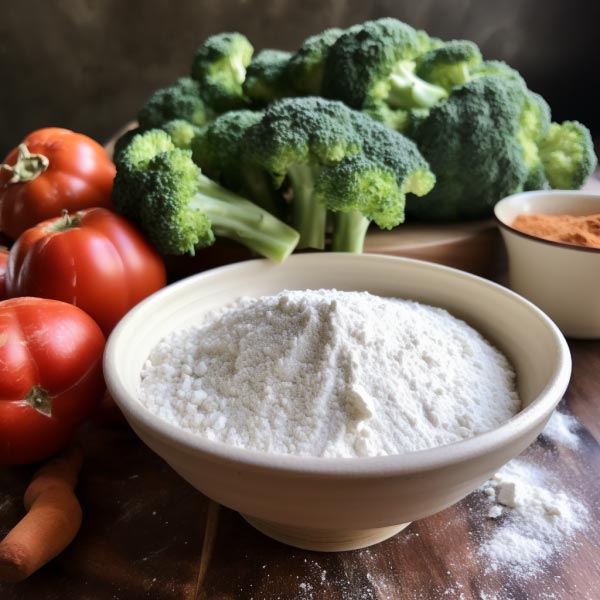
Gerald –
I really like this product!
Karel –
Ein sehr feines Produkt. Werde es auf jeden Fall wieder bestellen.
Maximilian –
Das Produkt hat mir gefallen
Marta –
Very interesting details you have noted, thank you for putting up.